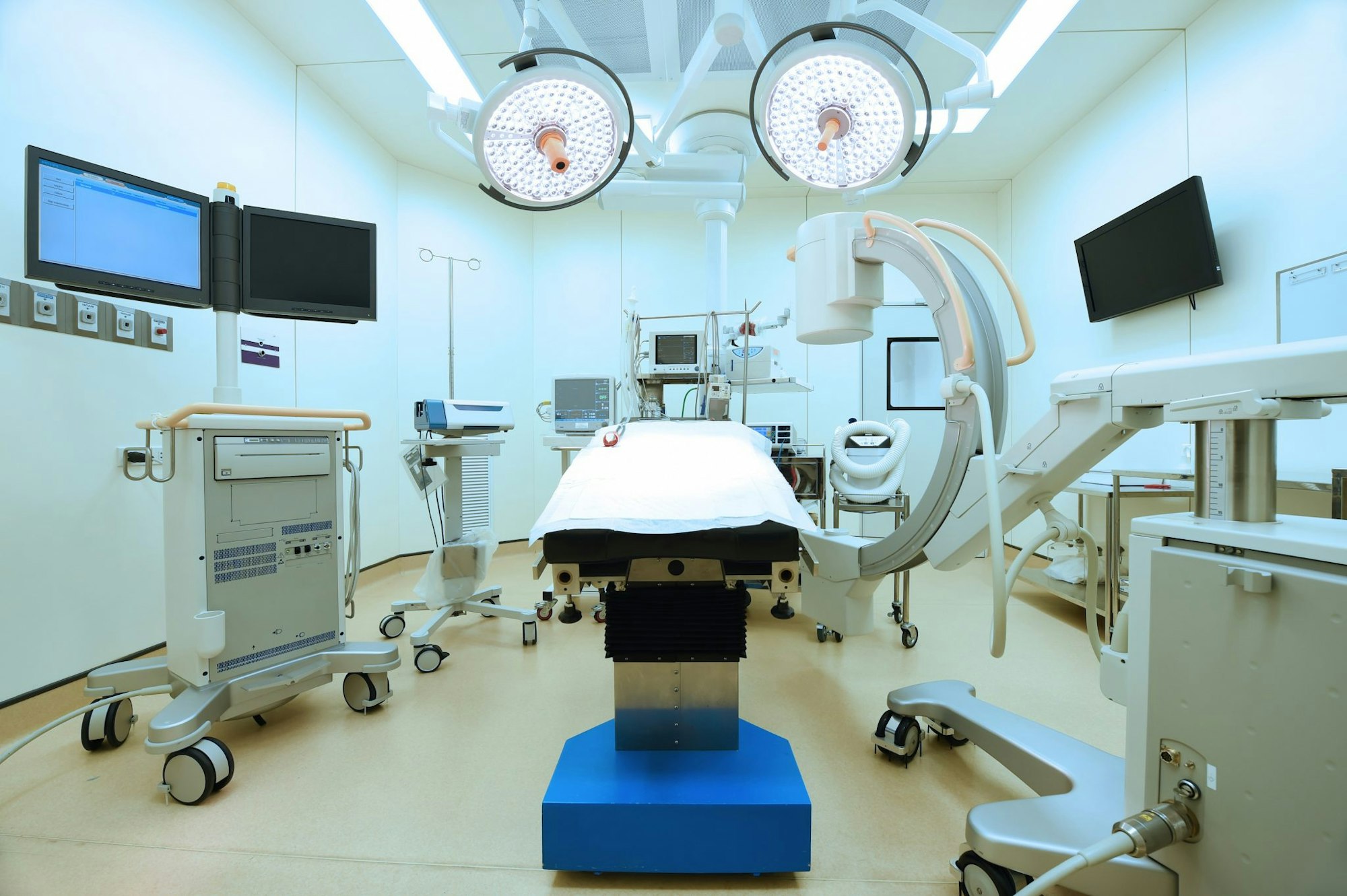Surgery Services

Surgical teams consisting of surgeons, anesthesiologists, operating room nurses and technicians are available for elective and emergency surgery. Same-day surgery is available through outpatient service.
If you are coming to San Gorgonio Memorial Hospital for a surgical or invasive procedure, there are several activities that you and the staff at San Gorgonio Memorial Hospital can do to help keep you safe.
Ask Your Doctor
- About any prescription, over-the-counter medicine or herbal preparations that you should stop taking before your surgery.
- If you can eat or drink before your surgery or procedure.
- Any questions you may have. Write your questions down and go over them with your doctor.
- If you will need therapy or medicines after you leave the hospital.
- When you can resume activities, such as work, exercise and travel.
Before You Arrive
- Bring a complete list of all medicines—prescribed, over-the-counter, herbal preparations, and even the “as needed” medicines that you take.
- Shower, wash your hair and remove any nail polish before you leave home. Don’t wear makeup. Your skin and nails provide important signs about blood circulation.
- Leave all valuables—jewelry, watches or money—at home.
- Make arrangements for transportation to and from the hospital with a responsible family member or friend. You will not be allowed to drive after the procedure.
- Ask a family member or friend to be with you in the hospital. This person can serve as your advocate and help to ensure your comfort and safety.
After registering you will be escorted to pre-op holding where you will:
- Be asked to give informed consent and sign a consent form. Giving your informed consent means that your doctor has discussed the risks, benefits and alternatives to your procedure. You will be asked to sign a form that includes the type of surgery you will have and your agreement to have the surgery.
- Be certain everything on the form is correct. Be sure all of your questions have been answered. If you do not understand something on the form—speak up.
- For your safety, the staff will ask you the same questions many times. They will ask:This is to confirm that we have the correct patient, procedure and location.
- Your name and date of birth
- What procedure is to be done
- The part of your body to be operated
Before Surgery
- The nurse will ask you to mark a yes near the surgical/procedural site with a marking pen. If you are unable to do so, your doctor or nurse will mark it for you, with your approval and verification. This is termed “site marking” and it is done for your safety.
- Make sure that only the location where your procedure is to be performed is marked. It can be confusing if other sites are marked with a no or other marks.
- You most likely will have an IV started and may receive an antibiotic to guard against infection or other medicines ordered by your doctor.
- Ask your doctor if he or she plans to take a “time out” with the surgical team just before beginning your surgery/procedure.
- During the “time out” all members of the team confirm and assure themselves that you are the correct patient; it is the correct procedure; they have the correct site; and the correct equipment, instruments and implants, if applicable, are available.
In the Recovery Room
After your surgery/procedure, the nurse taking care of you will be asking about any pain you may be experiencing. We use a scale of 1 to 10, 10 being the most uncomfortable.
Knowing your pain level helps us to know how much pain medication to give to make you comfortable. We will frequently ask about your pain. We use other indicators, such as blood pressure, heart rate and restlessness, to help us assess your comfort level, but you are the best judge.
Once you are ready to leave the recovery room, you will be taken to your room in the hospital if you are an inpatient. If you are an outpatient, you will be offered some liquids, your IV will be discontinued, and you will be assisted in getting dressed and given discharge instructions. You will be taken to your ride home by wheelchair. This is done for your safety. Please remember you will not be allowed to drive yourself.
